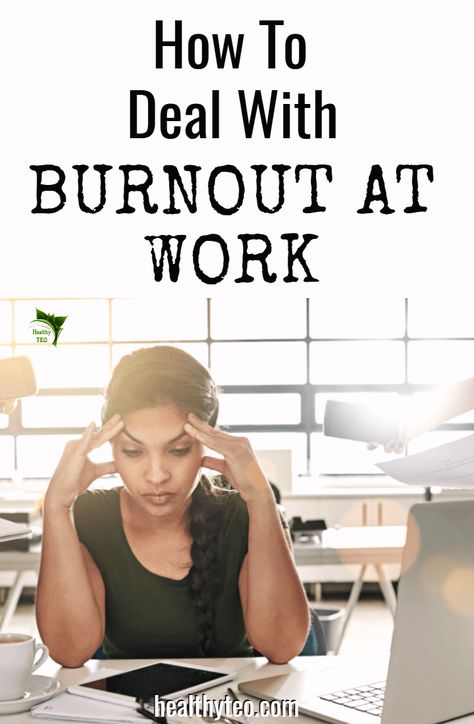If you’re able to stay home and relax for the day, being a little sleepy isn’t a big deal. But being tired at work can have significant consequences. You might miss deadlines or get behind on your workload. If this becomes a pattern, your job could be in jeopardy.
Treating the underlying cause of daytime sleepiness — such as sleep apnea — can help improve your energy level and boost cognitive function. But even if you take steps to feel better, daytime sleepiness might not improve overnight.
Here’s how to manage daytime sleepiness at work.
If you’re feeling sluggish at work, a shot of caffeine might be the energy boost you need to get your job done.
Caffeine is a stimulant, meaning it increases activity in the brain and nervous system. It can improve your thinking ability and mental performance, and help you fight off sleepiness. Head over to the break room for a coffee, or take a short walk to a local cafe.
Be careful not to go overboard. Drinking too much caffeine can overstimulate you and make you jittery, which might affect your productivity level.
Sometimes, getting a little bit of shut-eye is the only way to get over daytime sleepiness. If you have to close your eyes, squeeze in a quick power nap on your lunch break.
If you have your own office, shut the door and lay your head on the desk. Or sit in your car and recline the seat. A 15 or 30-minute nap might give you enough energy to power through the day. Don’t forget to set your alarm clock or you may oversleep!
Sitting in one spot for too long can worsen daytime sleepiness. Periodically rising from your workstation and walking around gets your blood flowing. It can also help you stay to awake and concentrate on your work.
Granted, you probably can’t be away from your desk for too long. You may have to get creative and move at your desk. Maybe fidget or shake your leg while sitting in your chair. If you have your own office, pace the room while talking on the phone.
If you’re sleepy at work, having to do your job in silence can be a drag. You may feel as though you’ll fall asleep at any moment. To wake up your brain, listen to upbeat music.
Check with your employer first for permission. Your boss might be OK with listening to music as long as it doesn’t affect your productivity. If you can’t turn on a radio, get permission to listen to music through earbuds — the more upbeat the music, the better.
If you deal with frequent daytime sleepiness, eating a heavy lunch could make it worse. Do your best to stay away from sugary snacks, sodas, or carbohydrates like white bread and white pasta.
Eat a light lunch to keep your energy up. You want to feel satisfied but not stuffed. As you pack your lunch, choose healthier sources of energy. This includes boiled eggs, chicken, berries, nuts, vegetables, and whole grains.
If you’re fortunate to work in a space with windows, open the shades and let in some natural light. Sunlight in your office can increase alertness and energy.
If you don’t have a window near your workspace, get permission to bring in a lightbox and position it near your desk. This emits a low level of UV light and helps regulate your wake cycle so you feel less sleepy.
If you’re struggling to stay awake at work, go to the bathroom and splash cold water on your face. This quick and simple hack can reenergize you and provide a much-needed pick-me-up.
Step outside after you splash your face if it’s a breezy day. The cool air against your face can increase your alertness.
You might want to invest in a fan for your office space or desktop if you deal with daytime sleepiness.
When you’re feeling sleepy, point the fan in your direction and turn it on full blast. Just like the natural breeze outside, the cool air of the fan can increase your alertness.
Daytime sleepiness can be intensified by too much downtime. Depending on the nature of your job, you may have periods when you have fewer responsibilities.
Without much to do, you may start to feel even more tired.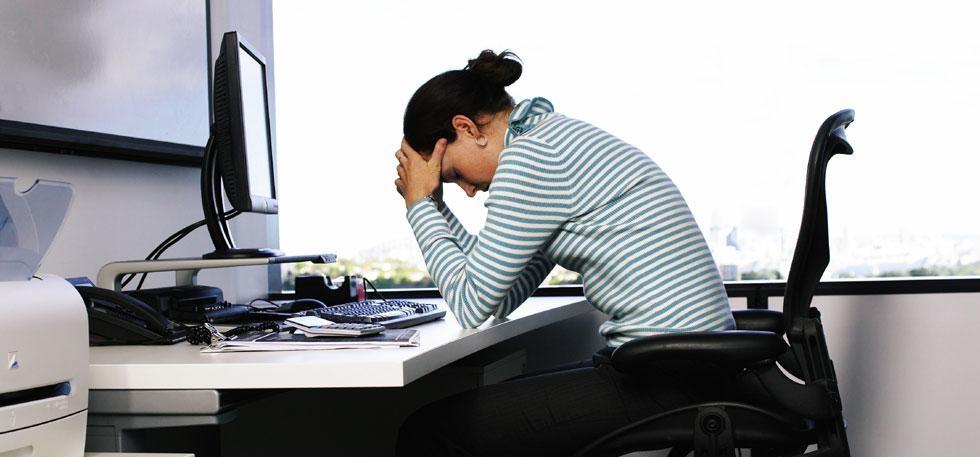 Ask your boss for some light responsibilities, if possible. You might be able to assist with overflow work.
Ask your boss for some light responsibilities, if possible. You might be able to assist with overflow work.
Learning how to manage daytime sleepiness can keep you on your employer’s good side. When drowsiness hits, try a few of these hacks to get through the day. Rule out an underlying problem by visiting your doctor if your tiredness continues for longer than a few weeks.
Feeling tired from work is common and can be caused by many different factors. Fortunately, there are several steps you can take to reduce fatigue and maintain a healthy work-life balance.
Work can wear you out, whether your job requires physical labor or not. There’s more than one way to feel tired, and the daily demands of your job can leave you physically and emotionally weary, even if you spend your days behind a desk.
Other stressors — such as relationship issues, financial worries, or health concerns — can intensify the strain. And then there’s COVID-19.
If you’re still going in to work, you might find that you feel extra-exhausted from the added stress of worrying about potential exposure to the new coronavirus on the job.
If you now work from home, you might feel slightly safer — at the cost of greater pressure to blur the boundaries between work and home.
Long story short, it’s all too common to feel tired from working, especially during times of crisis and difficulty. You may not be able to quit your job completely, but you don’t have to watch your energy reserves slowly dwindle away, either.
There are several ways to recognize burnout.
A few of the most common symptoms of work fatigue include:
If you experience any of the symptoms listed above, it may be time to start identifying any factors that may contribute to your fatigue and consider making changes to your routine maintain a healthy work-life balance.
If work has you feeling a little more exhausted than usual, a good first step might involve taking a look at any habits potentially contributing to your fatigue.
Maybe you feel too worn out after your shift to do anything except relax in your favorite chair with your phone. You regularly stay up late to give yourself more time to relax, but you find it hard to drift off when you finally make it to bed.
Even though you want to get out for a hike, see your friends (safely!), and make time for meal planning and cooking, you just can’t seem to find the energy.
Small changes can be key to reducing fatigue and preventing burnout, including:
Regular exercise can also make a difference, as backward as this might sound. If you aren’t up for a full workout, no problem. Even a brisk walk around the block can help boost your energy levels and mood.
You might feel more informed and prepared to deal with challenges when you leave work devices on throughout the evening and weekend or if you continue check your email after clocking out for the day.
When coworkers or customers know you can always be reached, however, it often becomes close to impossible to fully “leave” work, especially when you’re working from home. If you’re always on the clock, you’ll never find the time to recharge.
If you’re expected to handle work concerns outside of your scheduled hours, talk with your supervisor about setting some clear boundaries around times you aren’t available.
Perhaps your heavy workload often requires you to work late. Sometimes, this is just part of the territory.
But consider whether you tend to volunteer for extra work to keep others happy or avoid guilt trips. If so, polite refusals when you’re at capacity may serve you better in the future.
It’s also a good idea to discuss options for workplace support with your supervisor or human resources office. It’s tough to be productive when you feel drained or burned out.
It’s tough to be productive when you feel drained or burned out.
When you show up rested and energized, on the other hand, everyone benefits.
When you have too many tasks to realistically complete without support, it never hurts to ask for help.
You might worry that requesting support suggests weakness or incapability, but remember: Your employer likely wants you to do the best job possible. They can’t support you in achieving that goal unless they know how you’re really doing.
Here are a few other tips:
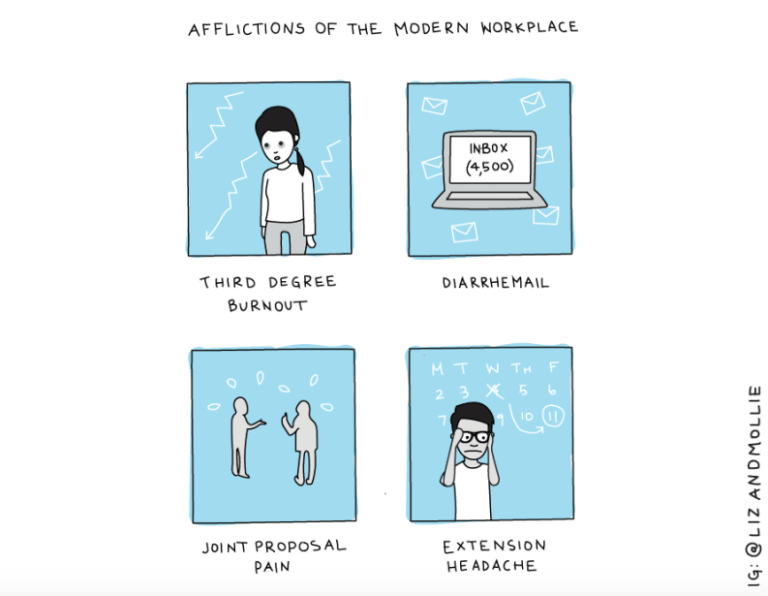 Knowing you did your best can promote a sense of accomplishment and leave you more motivated.
Knowing you did your best can promote a sense of accomplishment and leave you more motivated. After a long workday, you might lack the energy for anything beyond a night of Netflix. Still, challenge yourself to do something different from time to time, particularly when you feel the most drained.
Watching TV or playing video games might feel relaxing, and there’s nothing at all wrong with catching up on a show or two. Yet more purposeful hobbies can often feel more rewarding and leave you with a sense of deeper satisfaction.
To feel more rejuvenated by your time off, consider starting a garden, picking up a book, or doing one thing to improve your living area every day.
Other possibilities might include:
Prioritizing physical and emotional needs is an important part of creating balance between your work and personal life.
Taking good care of yourself can improve resilience and strength, making it easier to manage challenges as they come up.
When you feel physically and emotionally sound, it usually becomes easier to maintain a positive outlook and fend off the feelings of irritability, hopelessness, and pessimism that often accompany persistent exhaustion and stress.
While getting enough sleep and eating well do have an impact, self-care goes beyond these basic needs. It might involve:
Learn more about identifying your needs and creating a personalized self-care plan here.
Keeping stress to yourself can isolate you and make you feel worse.
You might worry you’re burdening others by talking about what’s going on, but think about how you’d feel if a loved one were in your position. You’d probably want to help them however you could, right?
You’d probably want to help them however you could, right?
Friends and family might not have the ability to directly relieve your fatigue, but they can still offer support by listening and helping out in small ways, especially if you’re vocal with them about what you need.
Your roommate, for example, might motivate you to get up and make dinner by inviting you to help them out with a new recipe. Your mother might drop by with a bag of groceries when she knows you’ve had a long week.
Simply knowing you have support from your loved ones can increase feelings of belonging and connection, making it easier to detach from work when the day is done. Feeling less tethered to your job can, in turn, help you relax and recharge more successfully.
Just as repetitive tasks can lead to yawning and zoning out, an easy but monotonous workday can leave you feeling drained and mentally numb. Changing up your typical routine can make a big difference.
Some things to try:
 Save more stimulating tasks for the afternoon to keep you out of a post-lunch stupor.
Save more stimulating tasks for the afternoon to keep you out of a post-lunch stupor. You’ve taken steps to address your tiredness, but workplace circumstances continue to drain you, and your employer has been less than supportive of efforts to create change.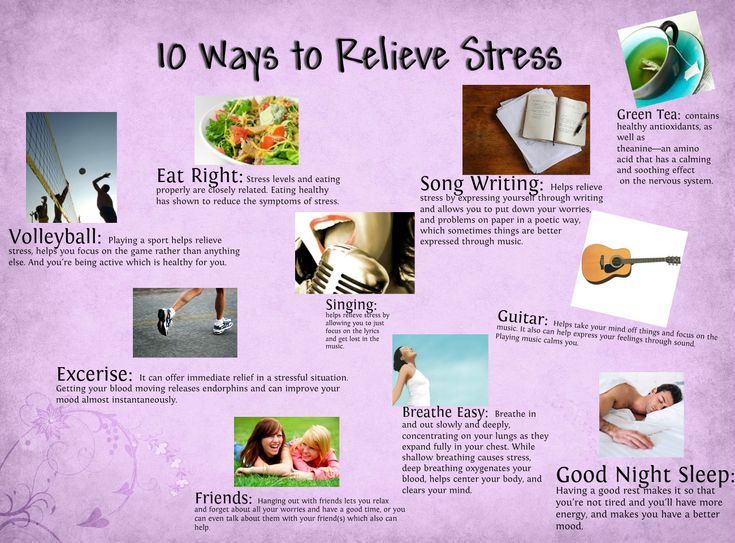 What next?
What next?
It may be time to consider another job or career, one that allows you to maintain a healthy work-life balance. Without this essential balance, the situation will likely only get worse.
You might find it hard to “show up” mentally even when you’re physically present, and you may take little pride in your work. Your emotional well-being and relationships with family and friends may bear the burden of your exhaustion, too.
Sometimes, lingering tiredness is just a normal outcome of working, but exhaustion — physical or emotional — can have other causes, too.
If you have other unexplained symptoms, including pain, changes in appetite, or stomach distress, it’s a good idea to talk with your healthcare provider to rule out other concerns.
A therapist can help you explore reasons behind tiredness accompanied by mental health symptoms, including:
If you’re thinking of a career change, your therapist can offer career guidance and counseling as you make the switch.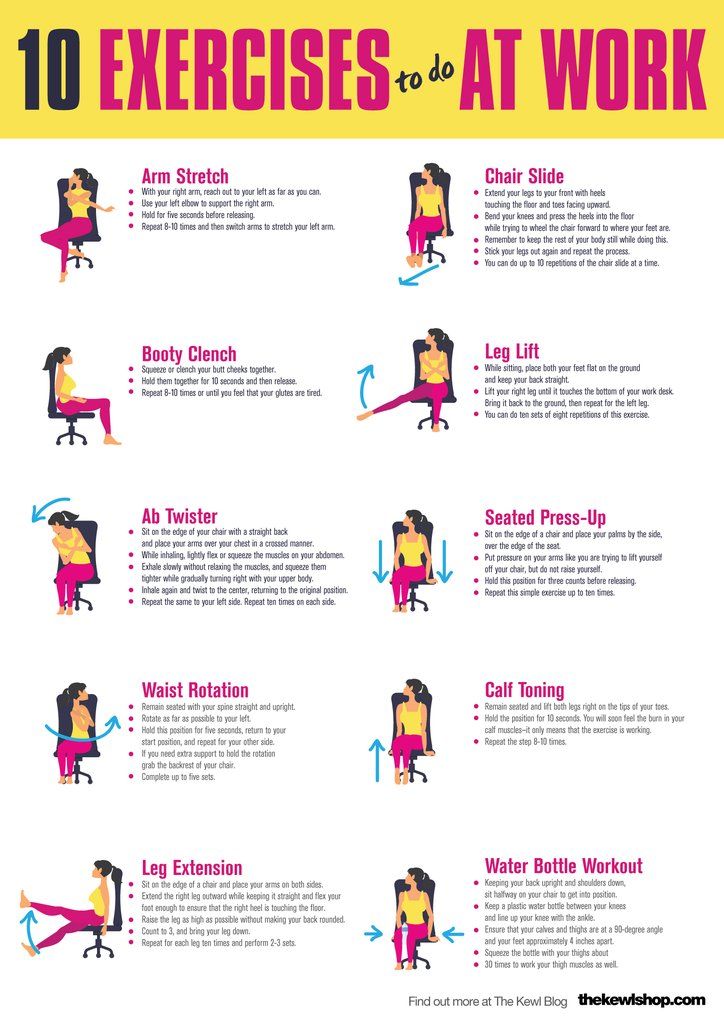 At the very least, they can direct you toward helpful resources.
At the very least, they can direct you toward helpful resources.
You don’t need to wait to recharge until you’re running on empty. It’s usually harder to recover your strength after you burn out.
Making time to recharge and drawing a darker line between work and home life — visualize this line in Sharpie, not pencil — can help you manage stress before it knocks you down completely.
If your exhaustion begins to affect your relationships or quality of life, it’s best to talk with a healthcare professional right away.
Crystal Raypole has previously worked as a writer and editor for GoodTherapy. Her fields of interest include Asian languages and literature, Japanese translation, cooking, natural sciences, sex positivity, and mental health. In particular, she’s committed to helping decrease stigma around mental health issues.
September 22, 2015 Productivity
It's hard to stay energized and focused for eight hours at work - there is often a decline in productivity in the afternoon.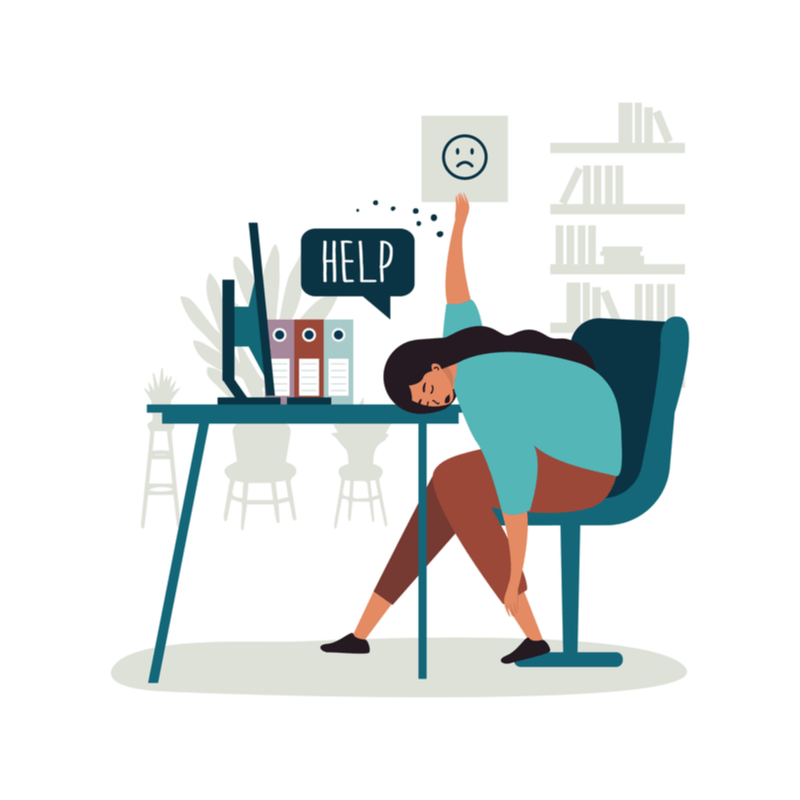 We'll show you where to get your much-needed energy for work, how to make the most of your moments of maximum focus, and how to get through your day's productivity dips.
We'll show you where to get your much-needed energy for work, how to make the most of your moments of maximum focus, and how to get through your day's productivity dips.
Iya Zorina
Author of Lifehacker, athlete, CCM
"It's just unrealistic to expect to be at work all day long," says Carson Tate, author of a book on productivity. “Just as you wouldn’t expect to be able to walk at a fast pace for eight hours straight, don’t expect yourself to be completely focused and strategically thinking for such a long time.”
Even worse, some of us still don't get enough sleep: we come to work with less than six hours of sleep a night. This is clearly not enough for high productivity during the day, and the consequences of lack of sleep can greatly harm the work.
Here are some tips to help you feel more energetic during your work day.
“There are several optimal times for creative tasks and work that requires concentration,” says Christopher Barnes, assistant professor of management at the University of Washington Business School. “Most people think better in the middle of the morning and late in the evening.”
“Most people think better in the middle of the morning and late in the evening.”
You must adjust your circadian rhythms and work schedule, make a list of tasks depending on the ups and downs of activity during the day.
Tate advises doing "any job that requires attention to detail," such as writing, making big decisions, or programming, during high energy hours. And during a decline in energy, you can take on tasks that do not require special concentration: checking mail, filling out expense reports, making phone calls. In other words, perform tasks that can be done automatically.
Any physical activity temporarily increases alertness and energy levels.
Move for just 10 minutes and your energy and ability to concentrate will increase significantly.
Carson Tate
You can walk around the office building, go up and down the stairs a few times, jump or push up a few times, stretch right at your desk. The main thing here is the movement, which helps to fill the body with oxygen and relieve fatigue, both physical and mental.
If you have a meeting scheduled, you can do it on the go, taking your employees or partners for a walk. And think about how you can build physical activity into your weekly schedule. "If you move regularly," says Burns, "your normal energy level goes up."
Steve Jobs did this for many years. Ray Dalio, head of the world's largest hedge fund, Bridgewater Associates, said it makes him feel like a ninja in combat. What is their secret weapon? Meditation.
Concentration exercises are a great way to recharge your energy throughout the day. Research shows that even a few minutes of meditation a day can reduce stress levels and increase a tired brain's ability to concentrate. This is a period of rest during which people stop worrying, which in turn saves a lot of energy.
It is also important to watch your breathing during meditation. Five to seven deep belly breaths will provide enough oxygen to keep you alert and energized.
Drinking coffee often seems to help with afternoon sleepiness. "Coffee doesn't really give you energy," Burns says. “Caffeine just masks lethargy and low concentration by blocking the chemical reactions in the body that make you feel tired.”
"Coffee doesn't really give you energy," Burns says. “Caffeine just masks lethargy and low concentration by blocking the chemical reactions in the body that make you feel tired.”
Although it works for a while, caffeine, like other drugs, soon wears off. You get less and less effect, and you need more and more coffee just to work normally.
So don't get hooked on coffee, use it rarely, only when you really need extra energy, for example at an important meeting once a month, if you hardly slept the night before. Coffee at three in the afternoon should not become a habit.
Music is a great way to both cheer up and calm down. Just as you use music to keep you energized during your workout, you can energize yourself with your favorite track at work.
Which music is best suited for this depends on your tastes. Someone prefers fast rhythms to maintain energy, someone prefers calm compositions that help clear the mind and concentrate.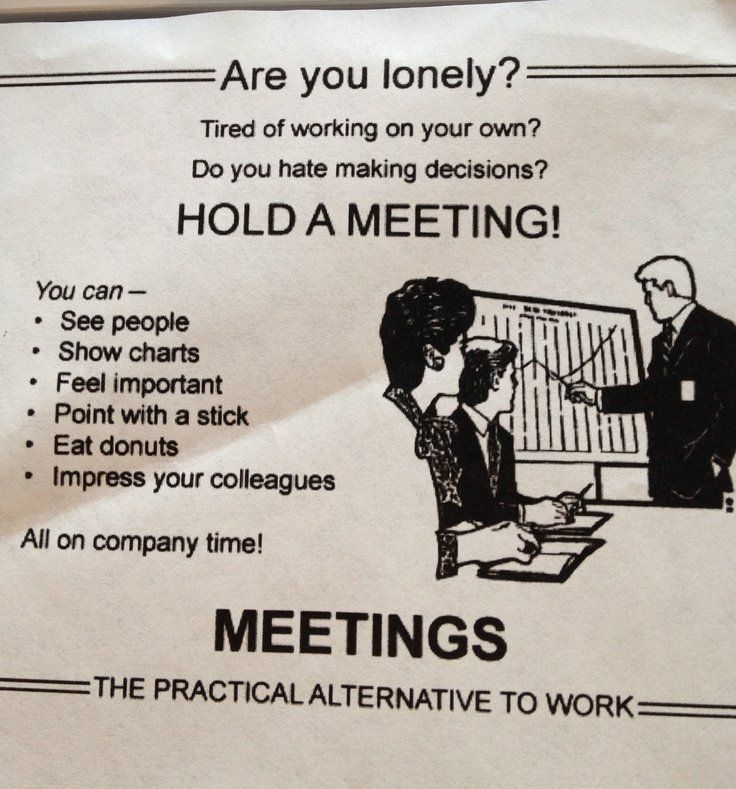
If lyrics distract you, try listening to instrumentals in different styles. Sooner or later you will find your ideal "working" tracks.
If you sit at your computer, tablet or smartphone at night, you will have less energy the next day. Blue light from the screens of gadgets and computers reduces the production of melatonin, a substance that provides the body with healthy sleep.
“It's very important to avoid using your smartphone or tablet two hours before bed,” says Burns. “The worst thing you can do is use your smartphone while lying in bed.”
If you need to do something important at night - check your mail or read something, use apps like Twilight for smartphones, and f.lux for computers, so that at night the display begins to emit red light instead of blue. Or buy orange Uvex glasses or similar models from other brands that block blue light from the screens.
This is a simple rule that can't be helped. To feel energetic and cheerful during the day, you need to sleep well at night.
“If you want to be good at something, go to bed,” says Tate.
“Sleep is the number one predictor of success,” agrees Burns. “People think that five or six hours of sleep is enough for them and everything will be fine. But even a small lack of sleep will have a noticeable negative effect.”
A study conducted in 2009 found that people who sleep five hours a night for four days, significantly inhibited cognitive function. When performing the simplest tasks, they showed the level of efficiency characteristic of drunk people with an alcohol level of 0.6 ppm (for men of average weight, this is two bottles of beer).
If you regularly get eight hours of sleep a night, energy drops will be less severe and easier to control.
Let's summarize the main principles.
What to do:

Do's and Don'ts:
And now for some real examples of how the above methods helped to cope with fatigue during the day and get more done.
Dan Scalco often struggled with afternoon fatigue. As the CEO of Digitalux, a digital marketing company based in Hoboken, NJ, Dan worked 12-hour shifts, managing customer situations and managing his team.
He tried taking supplements and multivitamins, going to the gym, even trying occasional short naps in the office to regain his energy.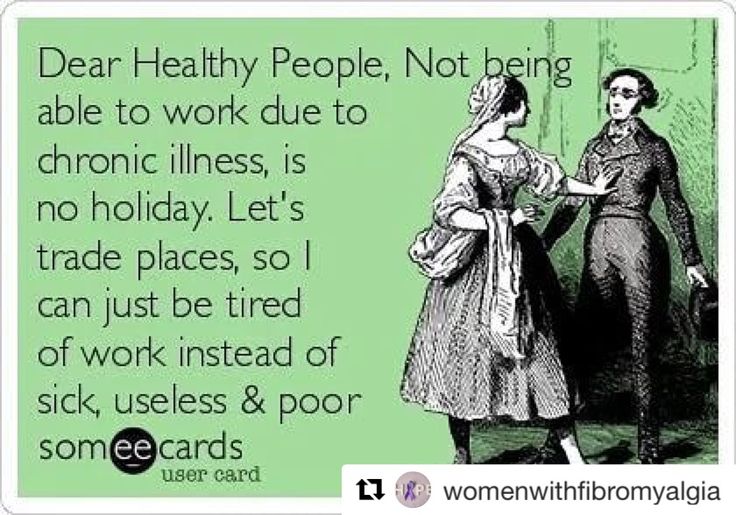 But nothing helped him cope with the afternoon fatigue.
But nothing helped him cope with the afternoon fatigue.
Then he became interested in what strategies helped successful businessmen, and found that many of them use meditation practices.
At first he was skeptical, because he always saw meditation as a frivolous activity that only hippies are interested in. But the more he read about its benefits, the more he wanted to try it.
The effect of meditation followed immediately. Dan felt more energized, his stress levels decreased, and his focus increased while interacting with clients and the team.
Now he tries to meditate for at least 15-20 minutes, usually between 2:30 pm and 3:00 pm. He sits on an office chair, puts his hands on his knees, closes his eyes and repeats a mantra to himself.
“It's like taking a 20-minute vacation every day,” he says. “Afterward, I feel like my brain has been recharged. I can honestly say that meditating at least once a day has changed my life. She gave me inexhaustible reserves of energy and greatly increased my productivity.
Ryan Hulland was terribly tired. Vice president and co-owner of Monitoring Management (MonMan), an electrical and HVAC supplier, he spent long weeks at work trying to expand the business. And in the evenings, he helped put his three-year-old child to bed, after which he again returned to the computer to finish the work.
He started drinking more coffee and energy drinks, but found that they did not provide a consistent effect over time.
Ryan tried to go for a walk regularly, usually after lunch. He realized that physical activity helps him to be more alert and encourages creative ideas. But when he returned from a walk refreshed and full of energy, he often had to solve routine tasks from his to-do list, which instantly negated the positive effect of the walk.
Then he began to write his to-do list on an office whiteboard and divide it into three columns. The first column, "Fun," included activities that required creativity, such as writing articles for the company's blog. The second column, "Stuff," included more routine tasks that didn't require concentration or much mental activity, such as filling out paperwork. And the third column - "Urgent" - included things that needed to be done, no matter how he felt.
The second column, "Stuff," included more routine tasks that didn't require concentration or much mental activity, such as filling out paperwork. And the third column - "Urgent" - included things that needed to be done, no matter how he felt.
I tried to relate the things on my list to how I feel at a particular time. When I have a lot of energy, I like to do interesting creative tasks, and when fatigue sets in, I do boring, routine things.
Ryan Halland
Ryan says that with his new to-do list format, he gets better results and gets more done when his energy is high. And instead of mindlessly surfing the Internet during periods of fatigue, he performs routine tasks from his "Stuff" column.
“Now it rarely happens during the day that I don't have anything to do,” he says. At the same time, Ryan works the same hours as before his experiment with speakers, but spends this time 20-30% more efficiently. And when he comes home at night, he feels less tired than before.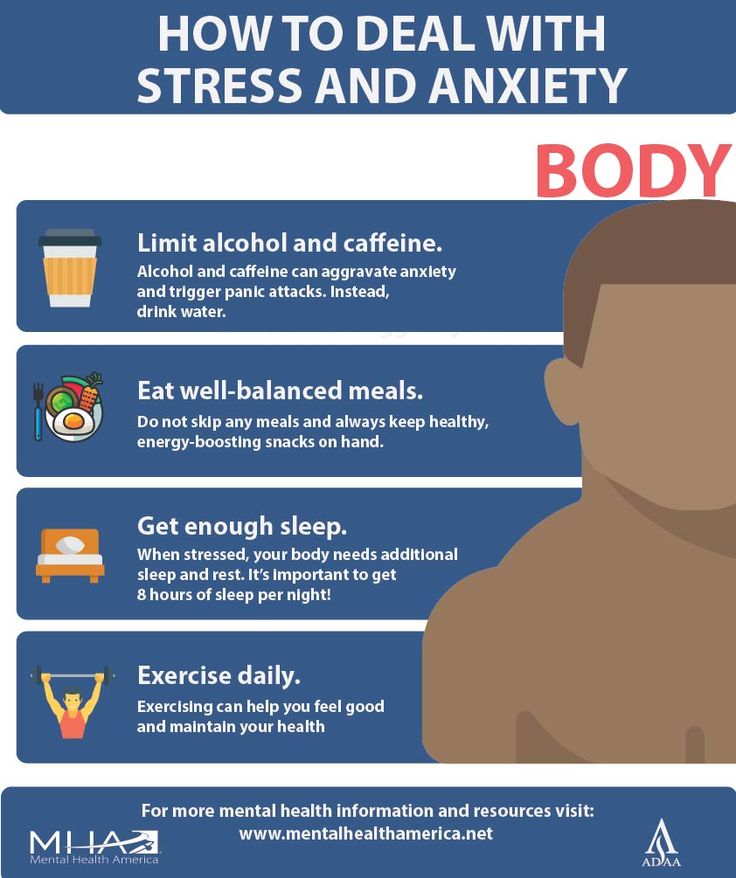
As you can see, there is no universal way. Meditation helps someone, someone works better by rationally distributing tasks. Try all the ways, and you will surely find something that will help you cope with fatigue in the afternoon.
Login with:
Login
Password
To remember me
Forgot your password?
Registration with:
Login
Password
Confirm password
By registering on the site or logging in through social networks, you accept the terms of the User Agreement, including the terms of the Privacy Policy.
Receive the most interesting from our site by mail (we promise not to spam)
Sometimes it happens that you come to work and you are already tired and you don't want to do anything, just to sleep. We will tell you how to overcome sleep and spend the working day with benefit.
We will tell you how to overcome sleep and spend the working day with benefit.
It probably happens to everyone: you come to work / to university / to school, and you realize that you can’t do anything, your eyes are stuck together, it tends to sleep. You understand that even if they let you go home now, you still won’t crawl to the bed and fall asleep on the nearest bench. So what is it? Why do you sleep peacefully all night in bed, do not sit at the computer at night, but calmly catch dreams. In the morning, all the hours that you overslept magically disappear and it seems that you have not slept all night? What to do with fatigue, if you do not want to oversleep the whole working day, and at the same time not spend a lot of time on bringing yourself in good shape?
So: if you wake up and feel that the bed is luring you back under the covers, and there is a long and hard working day ahead, then you don’t need to panic, but take action right away. Let's start from the very beginning, namely from the moment you go to bed.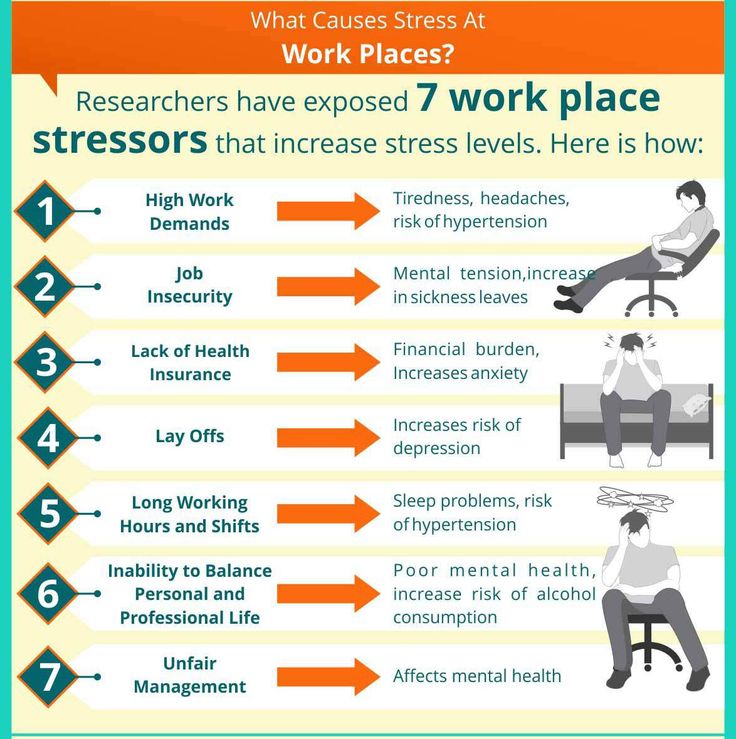 Of course, as soon as you come tired from work, you want no one to touch you, but just have a quick dinner and immediately go to bed. But this will not help, because if you lie down tired, then in the morning you will wake up the same, and in the evening everything will be repeated all over again. Therefore, before going to bed, you need to take measures to somehow cheer yourself up, and then in the morning you will wake up well-rested. To do this, you can do a little gymnastics, a short walk or take a cold shower, and when you are cleansed of fatigue and anxious thoughts, you can safely go to bed, before that, do not forget to open the windows so that the room is ventilated at night. Let's move on: the night has come and naturally, if you want to get up cheerful, then you need to forget about nightly computer games and watching TV shows. Only a dream.
Of course, as soon as you come tired from work, you want no one to touch you, but just have a quick dinner and immediately go to bed. But this will not help, because if you lie down tired, then in the morning you will wake up the same, and in the evening everything will be repeated all over again. Therefore, before going to bed, you need to take measures to somehow cheer yourself up, and then in the morning you will wake up well-rested. To do this, you can do a little gymnastics, a short walk or take a cold shower, and when you are cleansed of fatigue and anxious thoughts, you can safely go to bed, before that, do not forget to open the windows so that the room is ventilated at night. Let's move on: the night has come and naturally, if you want to get up cheerful, then you need to forget about nightly computer games and watching TV shows. Only a dream.
Well, morning has come, time to wake up and go to work. You followed all the rules: you went to bed awake, slept peacefully all night, and woke up as if you had been carrying bricks all night.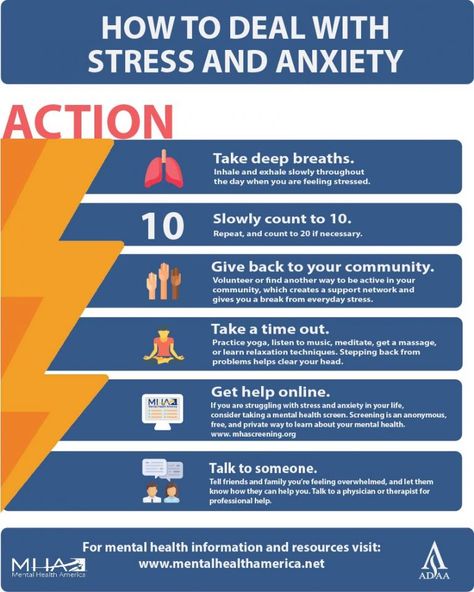 No, you are not doomed, you can still feel sleepy. First, it is worth checking if you always get up at the same time, if not, then you should make a habit of getting up always at the same hour. Also, to wake yourself up in the morning, try to do exercises, but do not overdo it, because heavy exercises will only exhaust you worse. Try just stretching your neck, waving your arms, squatting, bending over, and most likely this will be enough. Also to help you - a cold shower, it perfectly invigorates in the morning. If you have a short walk to work, you can get to it in a sporty way: by bicycle, rollerblading, skateboarding, or simply by running to the place of work.
No, you are not doomed, you can still feel sleepy. First, it is worth checking if you always get up at the same time, if not, then you should make a habit of getting up always at the same hour. Also, to wake yourself up in the morning, try to do exercises, but do not overdo it, because heavy exercises will only exhaust you worse. Try just stretching your neck, waving your arms, squatting, bending over, and most likely this will be enough. Also to help you - a cold shower, it perfectly invigorates in the morning. If you have a short walk to work, you can get to it in a sporty way: by bicycle, rollerblading, skateboarding, or simply by running to the place of work.
But then you came to your work, and fatigue again "attacked" you. In this case, try to answer her with invigorating coffee, and even better - tea. Try doing short calisthenics again to cheer yourself up. Directly during working hours, do not overwork yourself and make sure that parts of your body do not become numb.